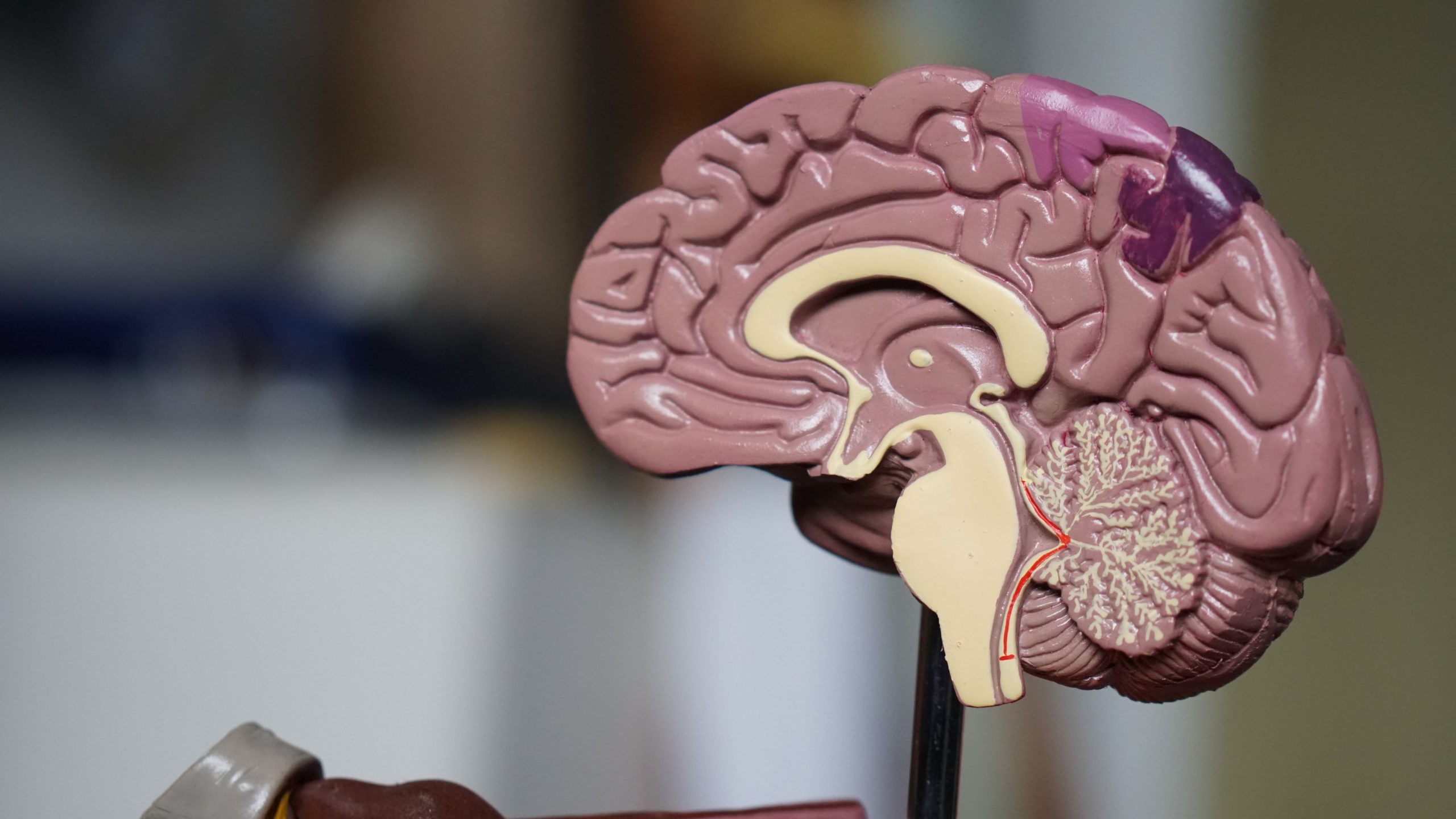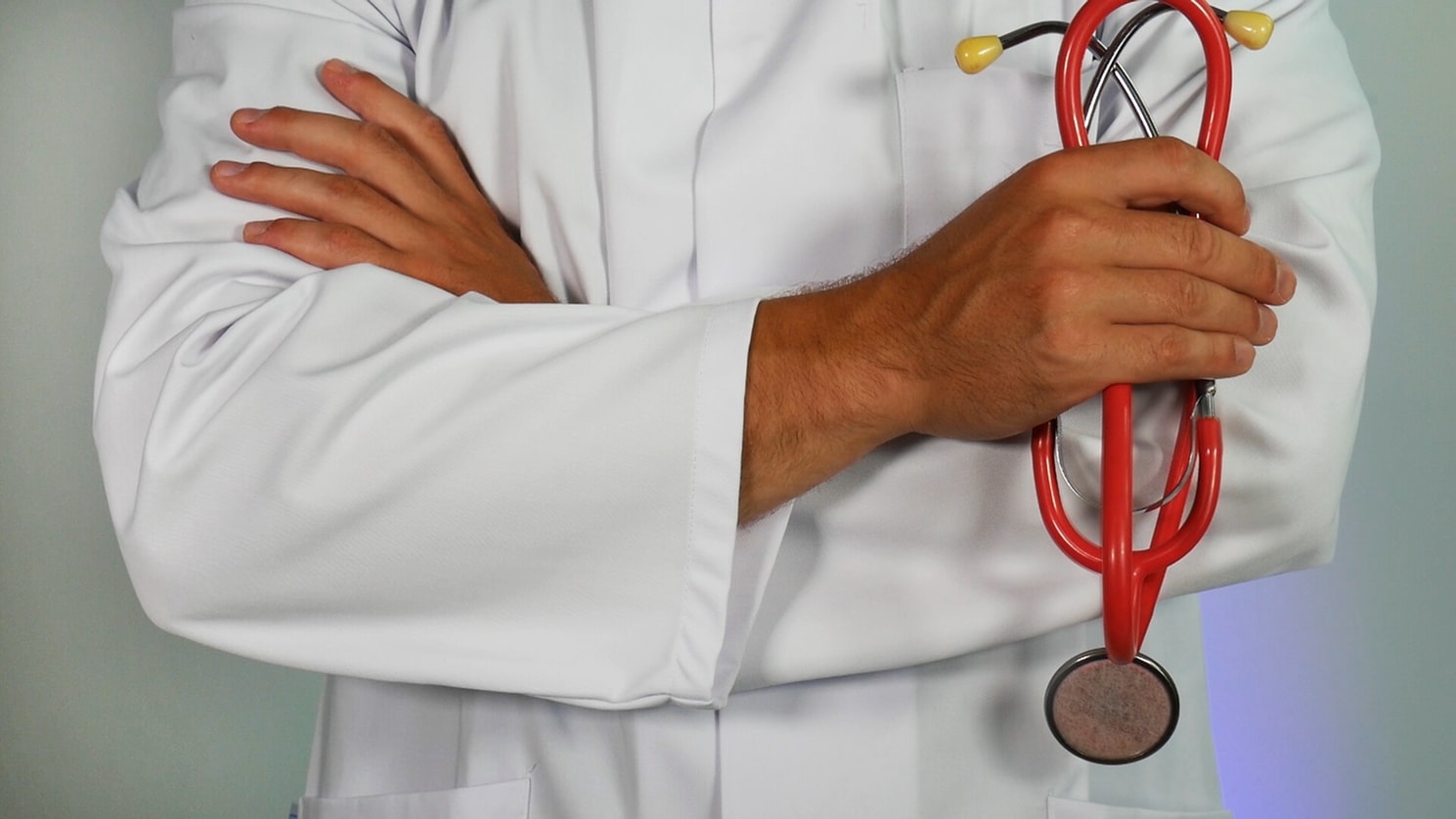When substance abuse and mental health intersect in unfortunate ways, it’s known as a dual diagnosis. Understanding addiction is almost as complex as a mental health disorder, so let’s provide some brief background first. We’ll also discuss the most effective treatment for dual diagnosis. This knowledge will be valuable for those seeking to understand the nuances of comparing dual diagnosis vs. co-occurring disorders.
What Is Dual Diagnosis?
Dual diagnosis (or co-occurring disorder) is when a person has a mental health disorder and a drug or alcohol addiction simultaneously. Over 9 million adults in the United States suffer from dual diagnosis, according to SAMHA’s 2021 National Survey on Drug Use and Health. Sadly, there are probably far more people than this struggling without a diagnosis.
Addiction and Mental Health: A Vicious Cycle
Sometimes, people struggle with alcohol or drug addiction because of mental health issues. Other times, addiction can lead to mental health issues. It’s like a hard-to-break cycle.
When mental health problems feel too tough, some might use alcohol or drugs for relief. But this can backfire, making them feel even worse and worsening their mental health. So, the cycle goes on.
What is the Most Effective Treatment for Dual Diagnosis?
The most effective treatment for dual diagnosis is an integrated treatment approach. This approach recognizes the interplay between mental health disorders and substance use disorders, understanding that these conditions often reinforce and exacerbate each other. Therefore, treating both conditions simultaneously is crucial for achieving lasting recovery.
In an integrated treatment approach, the first step is a comprehensive assessment to understand the individual’s needs and challenges. This involves diagnosing both the mental health disorder and the substance use disorder, usually using standardized criteria such as those in the Diagnostic and Statistical Manual of Mental Disorders (DSM-5). The treatment team can then create a personalized treatment plan for both conditions.
Therapy
Psychotherapy, or talk therapy, is a cornerstone of this integrated approach. Cognitive Behavioral Therapy (CBT) and Dialectical Behavior Therapy (DBT) are commonly used. These therapies help individuals develop healthier coping strategies by understanding the relationship between their:
- Thoughts
- Feelings
- Behaviors
Medications
Medication management is another important component of dual diagnosis treatment. Medications can help manage symptoms of mental health disorders, assist with drug detox and withdrawal, and support long-term recovery. However, it’s essential to note that medications are not a standalone solution; they should be part of a broader treatment plan that includes therapy and lifestyle modifications.
Peer Support
Peer support, often in group therapy or support groups, is also integral to dual diagnosis treatment. Sharing experiences, challenges, and successes with others who are going through similar struggles can be incredibly validating and empowering.
Lifestyle Modifications
Lastly, lifestyle modifications, such as improvements in diet and exercise, stress management techniques, and healthy sleep habits, can also play a critical role in supporting recovery and promoting overall health.
An integrated treatment approach also includes comprehensive aftercare planning to support long-term recovery. To help individuals navigate the challenges of life after treatment, this may involve:
- Ongoing therapy or counseling
- Support group meetings
- Continued medication management
- other resources
Mental Health Disorders
It’s often unclear which comes first, the mental health disorder or the addiction. Mental health disorders are complex enough even with no substance use disorder. An accurate diagnosis is vital in treating dual diagnosis. The difficulty is those with dual diagnosis are more treatment-resistant and typically have a harder time getting on top of their addiction. An effective treatment center skilled in diagnosing and treating dual diagnosis is central to a fruitful and sustained recovery. A misdiagnosis can lead to inappropriate treatment, which is both wasteful and unproductive.
Anxiety and Mood Disorders
Over half of those with an anxiety or mood disorder also suffer from a substance use disorder. Those diagnosed and treated appropriately for anxiety or mood disorders have a good chance of staying clear from drugs later on. Medication and cognitive behavioral therapy can replace substance use as an effective coping mechanism.
ADHD
Children with ADHD are treated with medications such as Adderall and Methylphenidate to reduce symptoms like restlessness and problems concentrating. While it has been suggested that treating minors with stimulants could increase their chances of abusing drugs later on, research has not conclusively proven this.
Schizophrenia
Abuse of alcohol, nicotine, and other drugs is particularly high in people with schizophrenia. This is likely due to substances acting as a coping mechanism for anxiety. Marijuana is known to trigger psychotic episodes in schizophrenic patients. So, while it’s used to self-medicate, it’s more detrimental than helpful in the long run.
How To Treat A Dual Diagnosis?
How, then, do we unravel the tangled complexities of childhood trauma, mental health, and addictive behavior; how can we gain some clarity on how to treat a co-occurring disorder? Well, the two treatment areas are quite different in terms of culture. Mental health disorders are treated by a completely different part of the health service than the area that treats addiction. Treatment of dual diagnosis requires a holistic approach. There are many types of mental health illnesses and myriad forms of addiction. Many people also suffer from more than one mental health disorder. They might suffer from schizophrenia and bipolar, and use alcohol or drugs to self-medicate. It’s crucial to seek out proper advice from a reputable addiction center that can effectively treat mental health disorders and addiction.
Medication
Due to a lack of research, which medications are most suited to treating people with dual diagnosis is not well known. However, some FDA-approved medicines for substance use disorder can help manage cravings for certain substances. For instance, the smoking cessation drug Zyban can help to reduce symptoms of depression efficiently. Zyban can also mitigate cravings for crystal methamphetamine. Further research into medication is essential.
Behavioral Therapy
Behavioral therapy is the most effective way to treat someone with a dual diagnosis. There are many different approaches including:
- Multi-Systemic Therapy (MST)
- Brief Strategic Family Therapy (BSFT)
- Cognitive Behavioral Therapy (CBT)
- Exposure Therapy
Multi-Systemic Therapy (MST)
MST is mainly used to help adolescents cope with life’s pressures that can lead them to abuse substances. This type of therapy focuses on peer pressure and antisocial behavior.
Brief Strategic Family Therapy (BSFT)
Dysfunctional family dynamics can exacerbate an adolescent’s drug use. Family therapy helps family members to understand each other better and to more effectively deal with oppositional behavior.
Cognitive Behavioral Therapy (CBT)
CBT is an evidence-based therapy that encourages the person to examine negative thought patterns and behaviors to devise healthier coping strategies in times of stress. CBT helps prevent relapse in people with substance abuse disorder.
Exposure Therapy
Exposure therapy is commonly used to help sufferers of PTSD to overcome their anxiety through continual exposure to traumatic experiences in a controlled and supportive environment. This form of treatment helps sufferers to confront their fear and pain and, in doing so, become desensitized to those painful memories.
Comprehensive, Continuous, Integrated System of Care Model
The treatment of dual diagnosis is an area that urgently needs more research. Every dual diagnosis case is unique and complex and it takes a highly trained medical professional to accurately diagnose and treat this crippling combination. Dr. Kenneth Minkoff, Clinical Assistant Professor of Psychiatry at Harvard Medical School, pioneered a new approach incorporating mental health treatment with addiction treatment called the Comprehensive Continuous Integrated System of Care (CCISC) Model. This unique care model provides medical professionals a framework to match dual-diagnosis cases with the appropriate support. Hopefully, Dr. Minkoff’s work on treating dual diagnosis will continue to impact the delivery of services.
Find a Treatment Center for Dual Diagnosis
Today, many addiction treatment centers can treat dual diagnoses. If you’re struggling with a drug or alcohol addiction and a mental health disorder, don’t go at it alone. Pick up the phone and call 888-448-0302 to speak to a recovery specialist at Landmark Recovery. One of our team members is available 24/7 to provide more information on dual diagnoses and talk you through the admissions process. Visit our locations page to find a treatment center near you.

Choose Recovery Over Addiction
We're here 24/7 to help you get the care you need to live life on your terms, without drugs or alcohol. Talk to our recovery specialists today and learn about our integrated treatment programs.







